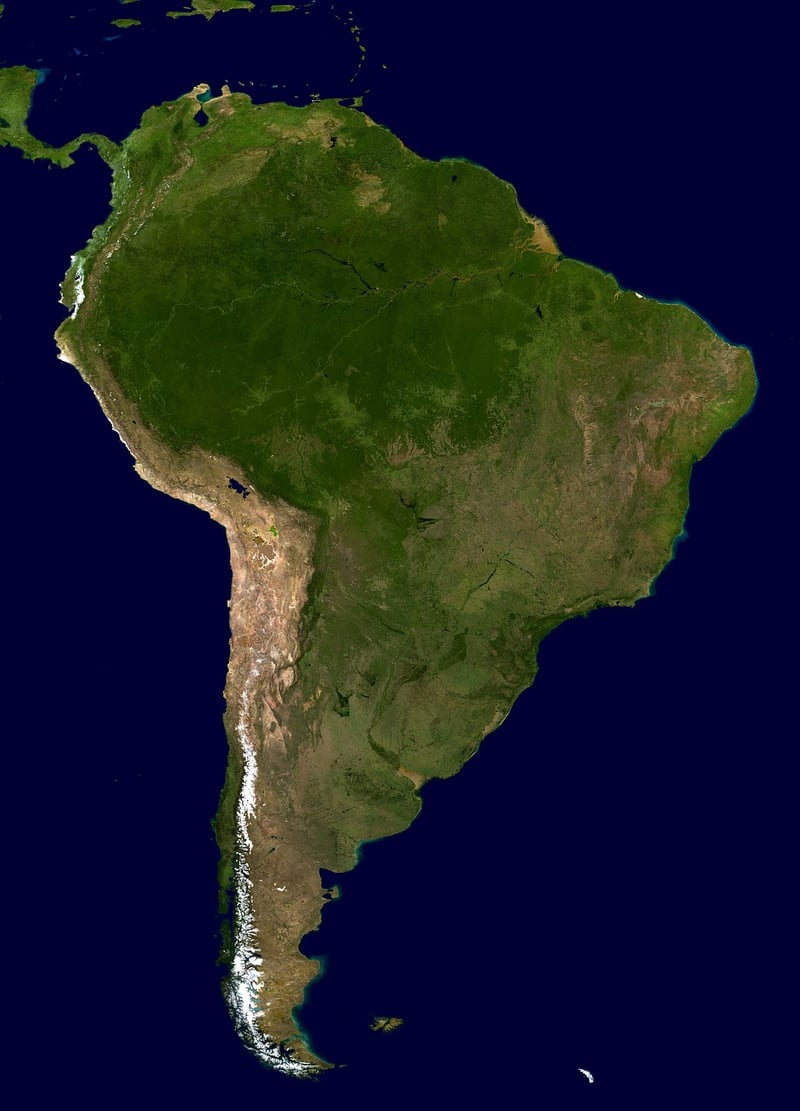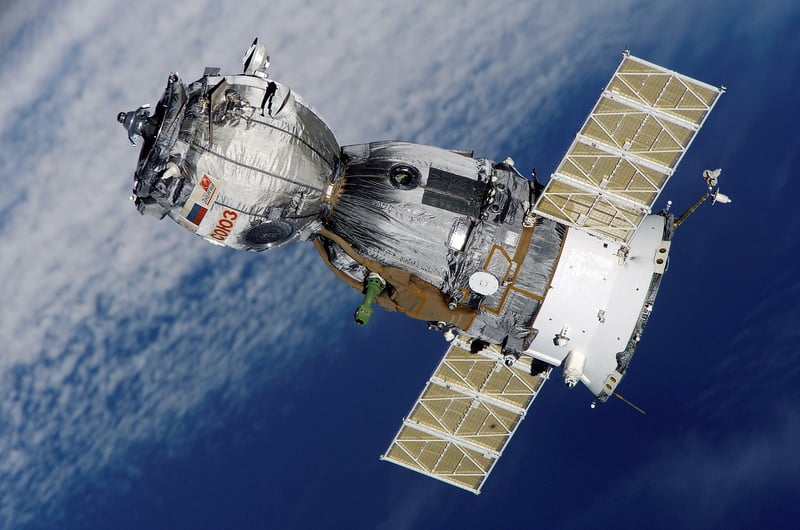Orbital Habitats
The Future of Human Settlements: Orbital Habitats

In recent years, the concept of human settlements in space has shifted from science fiction to a potential reality. One of the most intriguing ideas within this realm is the development of orbital habitats. These futuristic structures could offer a new way for humans to live and work beyond the confines of Earth.
What are Orbital Habitats?
Orbital habitats are artificial environments that are designed to sustain human life in outer space. These habitats would orbit the Earth, providing living quarters, workspaces, and recreational areas for inhabitants. They could vary in size and design, from small research stations to large-scale colonies capable of supporting hundreds or even thousands of people.

Benefits of Orbital Habitats
- Research: Orbital habitats would serve as valuable platforms for scientific research in fields such as astronomy, biology, and materials science.
- Resource Utilization: These habitats could potentially harness resources from space, such as solar power and asteroids, reducing the reliance on Earth's finite resources.
- Space Exploration: Orbital habitats could act as stepping stones for further exploration of the solar system, serving as hubs for missions to the Moon, Mars, and beyond.
- Resilience: By establishing settlements in space, humanity could ensure its survival in the face of global catastrophes on Earth.
Challenges and Considerations
While the concept of orbital habitats holds immense promise, there are several challenges that need to be addressed, including:
- Cost: Building and maintaining orbital habitats would require significant financial investment.
- Health: Long-term exposure to microgravity and cosmic radiation could pose health risks to inhabitants.
- Sustainability: Ensuring the self-sufficiency and sustainability of these habitats is crucial for long-term viability.
The Road Ahead
Despite these challenges, the idea of orbital habitats represents a bold vision for the future of human civilization. As technology advances and space exploration continues to evolve, we may one day see thriving communities living and working in the vast expanse of space.
Are you excited about the prospect of orbital habitats and human settlements in space? Share your thoughts and join the conversation on the future of space exploration!
For more information on space exploration and futuristic concepts, visit NASA's official website.
